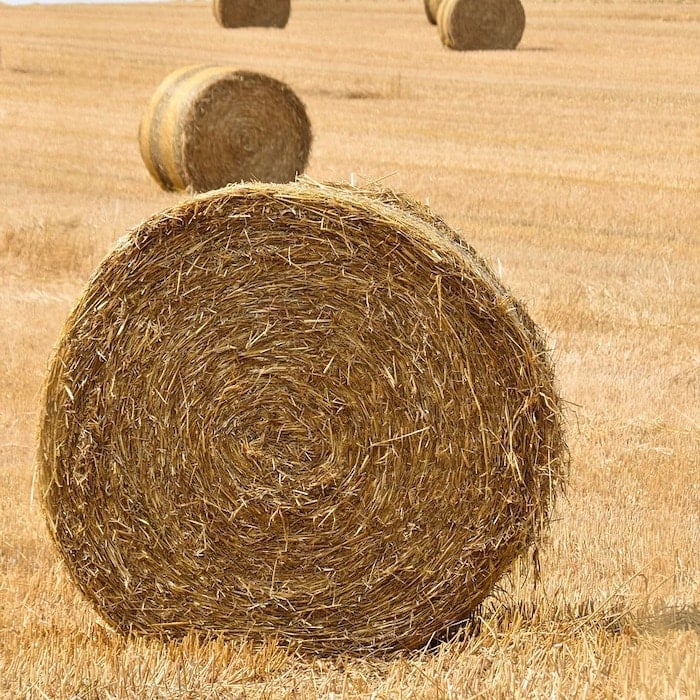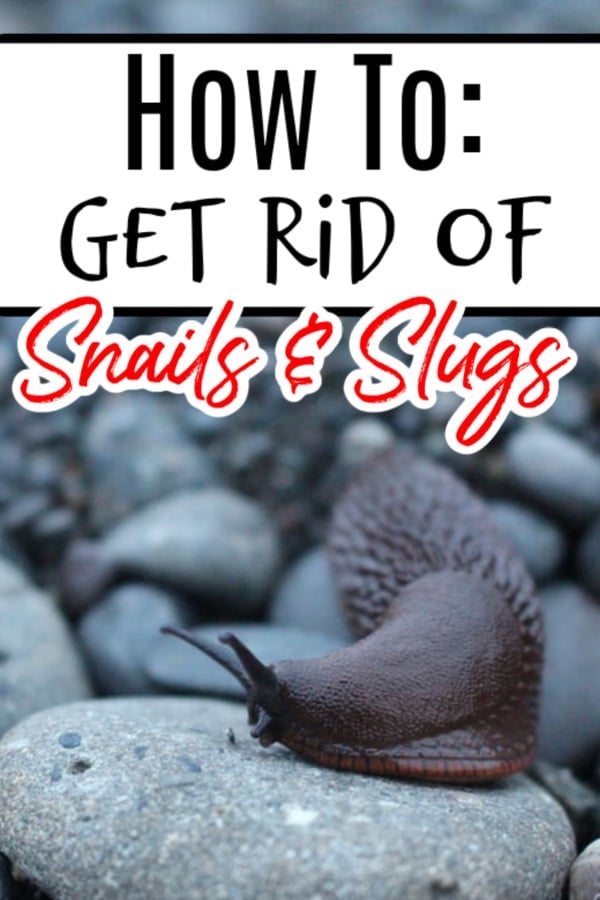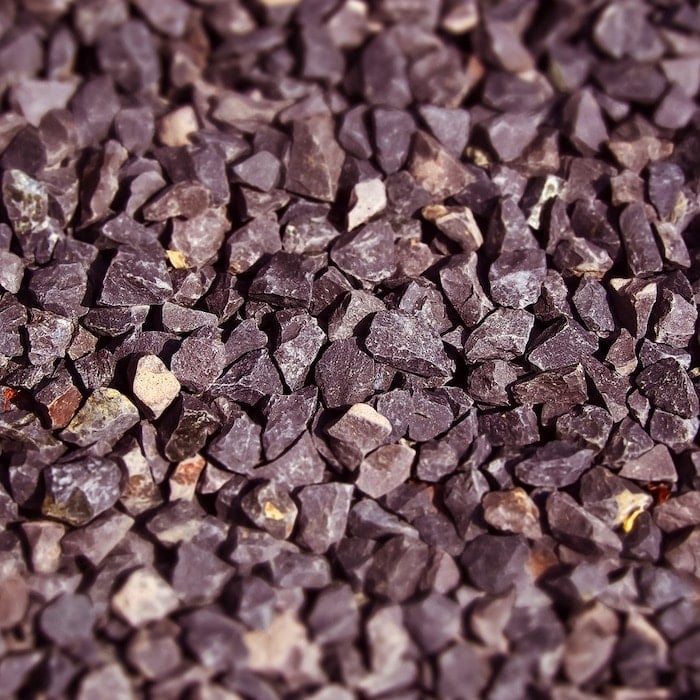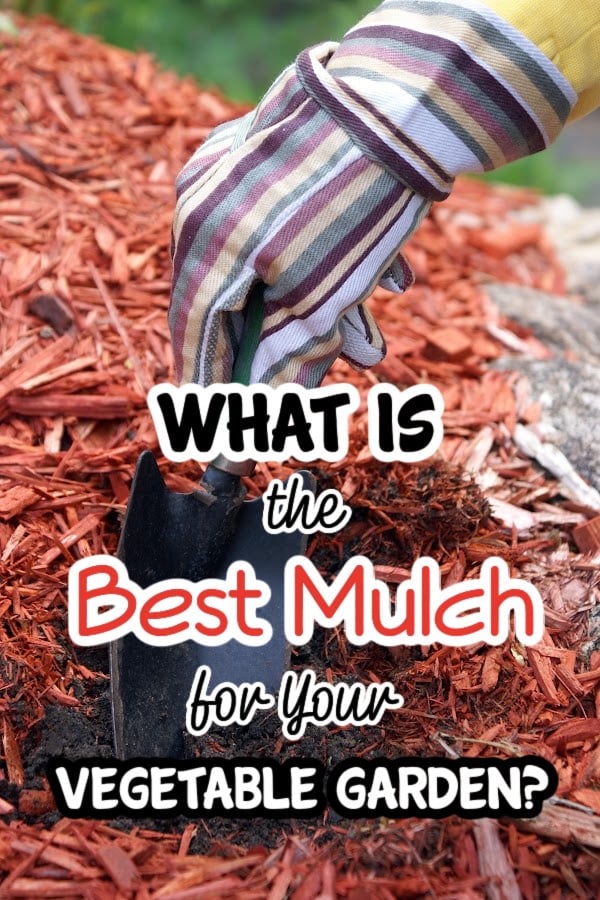What’s the best mulch for vegetable garden? Mulch is a life-saver in the garden. When it’s used correctly, this layer of material can help you grow a healthier garden with fewer weeds and that can resist a drought – meaning less watering.
You’ll find that with mulching, you’ll spend less time watering, weeding, and even fighting pests that wreak havoc in your otherwise well-tended garden.
What Is The Best Mulch?
Today we’ll be exploring some of the types of mulch you can use in your large or small garden and containers and find out which one is best for you.
Let’s get started.
Understanding Mulch

Mulch is a protective barrier placed around plants to improve both the health of your garden as well as its appearance. It comes in two basic kinds: organic and inorganic mulches.
Organic mulch for vegetable garden is sourced from formerly living material. It can be anything like:
- chopped dry leaves
- straw
- grass or lawn clippings
- compost
- wood chip mulch
- shredded bark
- sawdust
- pine needles
- paper
- cardboard
Meanwhile, inorganic mulch refers to man-made products like:
- gravel
- stones
- black plastic mulch for vegetable garden
- geotextiles
Despite the difference in materials, all forms of mulch pretty much function the same way.
They serve to:
– Reduce water loss from the garden soil by slowing evaporation and improving water absorption
– Slow down weed growth
– Improve soil quality as they decompose (particularly organic mulch)
– Protect plant roots from temperature extremes and sudden fluctuations
– Add color and texture to your garden’s overall design
You might also like: The Do’s and Don’ts Of Composting: An Essential Guide

Types of Mulch You Can Use In Your Garden and When to Use Them
Mulch can come from many different natural materials. You can either purchase it in bags at local garden centers, or even your favorite big box store.
You can also get it for free from your garden or home, and in some cases your city’s dump may sell it.
Here are the most common types of wood mulch for vegetable gardens you can use as a ground cover for your garden and garden bed:
Cedar

Mulch Options For Vegetable Garden
When you’re researching the question: What Are The Best Mulches? This one is probably the first type you’ll come across.
This kind of mulch comes from the waste products of the cedar tree. In the US, it comes from two varieties, namely Cedrus. And Thuja.
Cedar is known for its antibacterial and anti-fungal benefits. It’s also touted for its ability to keep away moths, beetles, ants, and cockroaches.
While cedar wood shavings or wood chips make for an excellent layer of mulch, it may be less than ideal if there’s someone in your household who’s sensitive to its scent.
It may also not be good for acidic soil as it tends to affect the soil pH balance of soil, particularly if used fresh.
Cedar mulch is best used for established trees and shrubs, as well as in perennial gardens.
Sawdust
Fresh sawdust is an inexpensive and readily available mulching material for your garden and soil surface. It can be used to repel pests and deter weeds.
When a thin layer of sawdust is used fresh, it has an acidifying effect on bare soil, making it an excellent mulch of choice for your acid-loving plants and vegetables, such as conifers, blueberries, strawberries, and rhododendrons.
Straw

There are different kinds of straw mulch straw mulch for vegetable garden to choose from, including straw from alfalfa plants and straw made from stubble left after harvesting cereal crops. It adds nitrogen to the soil, prevents soil erosion, and helps keep soil temperature consistent.
It’s a great option if you’re growing strawberries since it keeps slugs away from your fruits and it keeps mud away during rainy seasons.
You Might Also Like: How To Get Rid Of Snails And Slugs

Pine Needles
This type of mulch, also called pine straw, is obtained from foliage that drops from pine trees. It can be purchased in 15 to 40 lb. bales.
It’s a lightweight mulch that breaks down slower than bark mulch to provide its benefits for much longer. It’s an excellent addition to flower beds where you grow acid-loving plants such as hydrangeas, rhododendrons, and camellias.
However, you must take care when using pine needle mulch since it’s extremely slippery when dry. It can also catch fire easily, so be wary if you live in a wildfire danger zone.
Newspaper

Newspaper is another great option as it’s relatively free. However, it must be noted that newspapers can increase carbon levels in your soil and may also decrease nitrogen activity.
It’s also not ideal if you’re mulching over seeds since they cannot poke through the paper when they shoot up.
Using old newspapers in your garden is an excellent way to recycle and to keep your yard healthy. It’s an excellent material for protecting your plants from the freeze/thaw cycle in the fall, retaining moisture during the summer, and suffocating weeds the rest of the year.
Geotextiles
Not too many years ago, when someone asked: What’s The Best Mulch, this option wouldn’t have been included as it’s a relatively new option, compared to the others.
Geotextiles are any permeable textile material used to increase soil stability, provide erosion control, or aid in drainage. Typically made from polypropylene or polyester, geotextile fabrics come in three basic forms: woven (resembling mail bag sack material), needle punched (resembling felt), or heat bonded (resembling ironed felt).
However, since it is inorganic, it doesn’t improve soil structure, add organic matter, organic materials, or provide nutrients to your soil.
Stones

Stone mulch is an excellent alternative to the typical wood varieties. Apart from the usual benefits, it also doesn’t require constant reapplication since the stones don’t decompose. Stone mulch stabilizes soil and reduces erosion while improving the garden’s appearance.
They also come in a wide variety of sizes, colors, and textures, which easily adds an aesthetic interest to your garden.
You Might Also Like: Plot, Plan, & Plant Planner

Having this information, you can now choose which is best for your needs. Next time someone asks what’s the best mulch for the garden, you can give them an informed and helpful answer.
What do you use in your garden? Do you like it? Have you ever used anything else, or do you want to try using a different kind of mulch? Let us know in the comments below.
You can also find gardening products I use in my videos here <---
I now have an Amazon Influencer’s storefront. I put the products I use, in my posts and Youtube Gardening videos, there. Shopping there is free and the site gets a percentage of sales. Thanks!
You can go to my storefront using this secure link <----
If you need seeds, this is the company I use <--- and if you use code: farmer1 at checkout, you'll get 10% off your order!




Leave a Reply